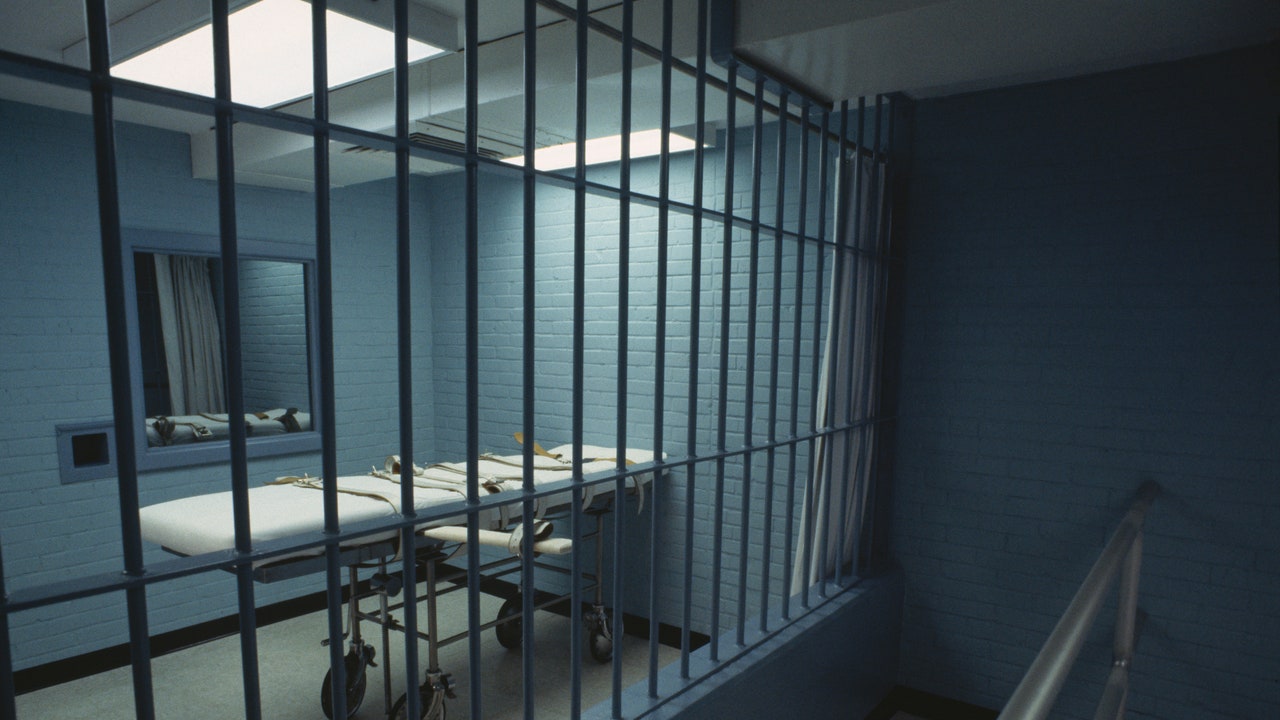
We must demand that our state leaders obey the Constitution and invest in robust, meaningful public defense. This requires at least as much investment as prosecutors’ offices get: budgets to pay competitive salaries, ensure reasonable caseloads for attorneys and resources for investigators, social workers, and paralegals, and funds for experts and lab testing. For those concerned about fiscal responsibility, investing in public defense is a front-end investment that will help make up for the sky-high costs of incarceration—without the devastating collateral economic and social consequences associated with the latter.
These efforts must include expanding the right to counsel for those seeking justice after they’ve been convicted. In small pockets of the country, a growing network of post-conviction attorneys, advocates, grassroots organizers, and pro bono programs within larger law firms represent people for free on appeal or during resentencing, clemency, and parole hearings, but these initiatives rely largely on private funding or volunteers. Meanwhile, an extraordinary community of thousands of “jailhouse lawyers” —incarcerated legal experts—has emerged behind bars to advocate for the freedom of themselves and their peers. But these advocates often face retaliation for doing legal work while facing limitations to legal resources and access to technologies.
While we push for greater investment, we must also direct our attention toward the decision-makers who have the power right now to prevent executions: the president and those governors who have the authority to grant clemency in individual federal and state cases, respectively, and the policymakers who can advance legislation to abolish the death penalty and fully fund public defense pre- and post-conviction.
We must demand that clemency—the legal process of reducing a convicted person’s sentence, sparing them the death penalty, or granting them a full pardon—no longer be a rare saving grace. To remedy the gross injustices of our criminal legal system, clemency must become a consistent part of the executive role in government. As long as it is not, we should understand the decision to refuse clemency as an affirmative decision to kill.
A recent Gallup poll indicates that support for the death penalty is the lowest it has been in five decades. As millions of Americans confront a criminal legal system designed to contain and sometimes kill people, and as men like Marcellus Williams and Robert Roberson are subject to state execution, political leaders at large must take a moral stand against the death penalty. The Republican Party under Donald Trump has, predictably, abandoned its moral obligation toward human life; Trump, in particular, has a perverse obsession with executions. But alarmingly, this year’s official Democratic Party platform failed to include an explicit opposition to the death penalty for the first time in eight years. While Kamala Harris has previously opposed the death penalty, she has refused to say whether or not she will oppose the death penalty as president. This is clearly unacceptable.
Most urgently, Texas governor Greg Abbott must grant Roberson clemency and save his life. Everywhere across the country, the elected officials who participate in the smooth functioning of the cruel and unusual US “machinery of death”, as the late Supreme Court Justice Harry Blackmun famously called it 30 years ago, must reverse course, acknowledge the power they have to intervene, and, ultimately, choose human dignity and life.
Stay up-to-date with the politics team. Sign up for the Teen Vogue Take
This post was originally published on this site be sure to check out more of their content.







